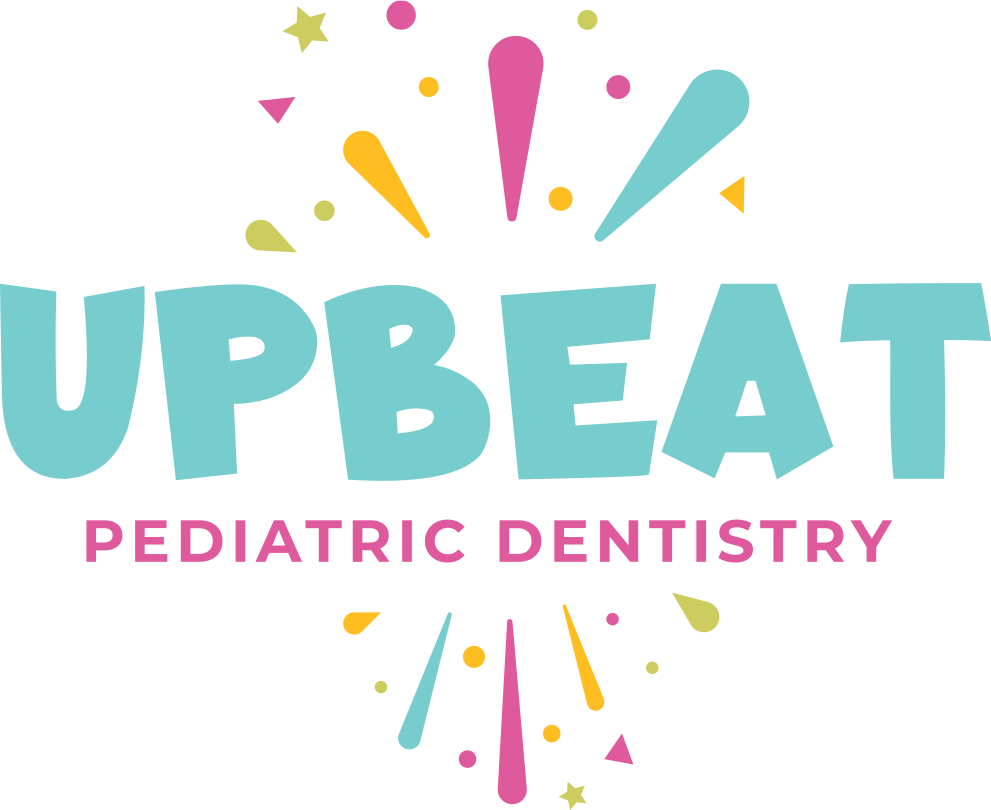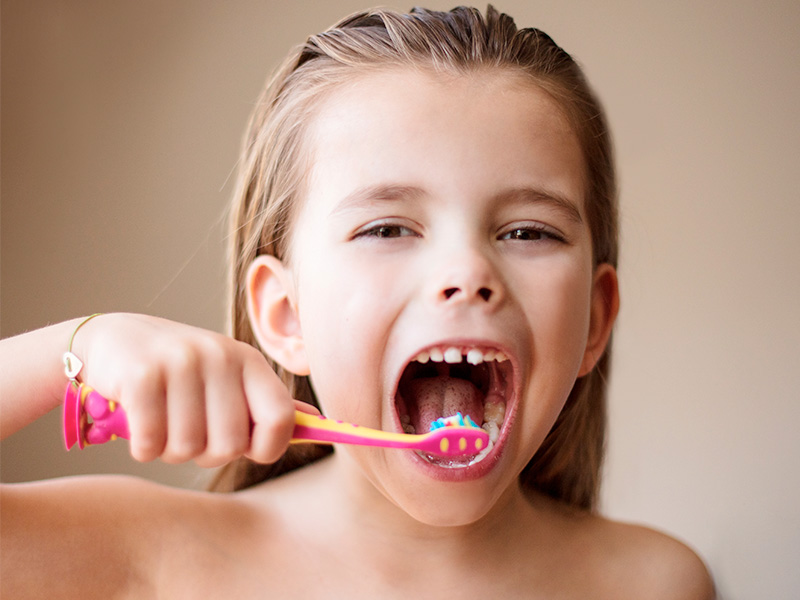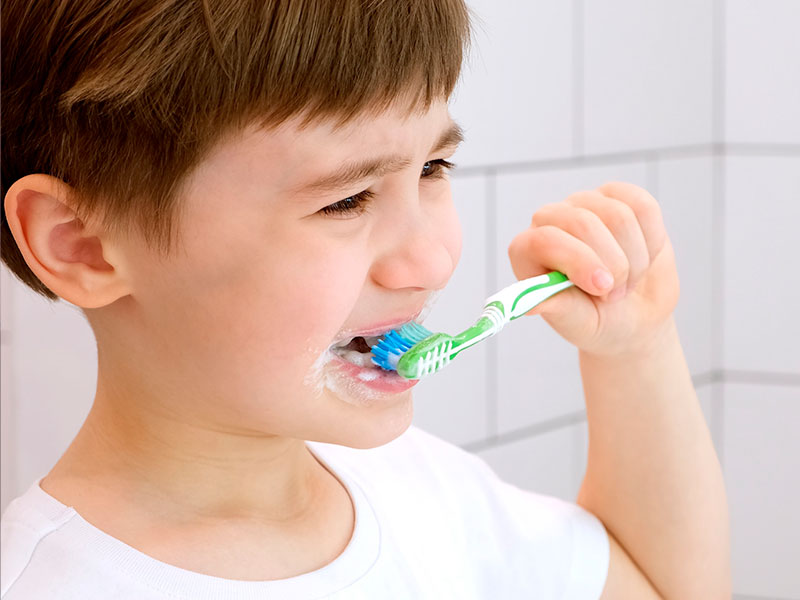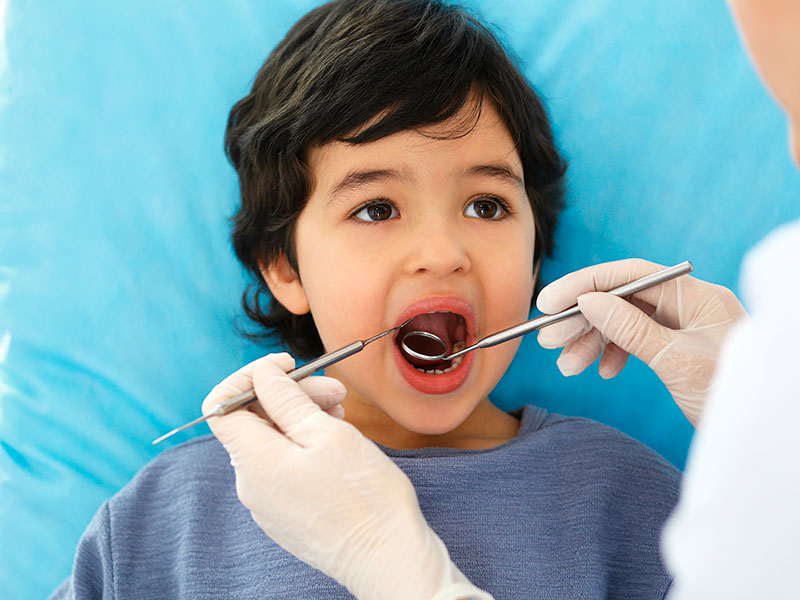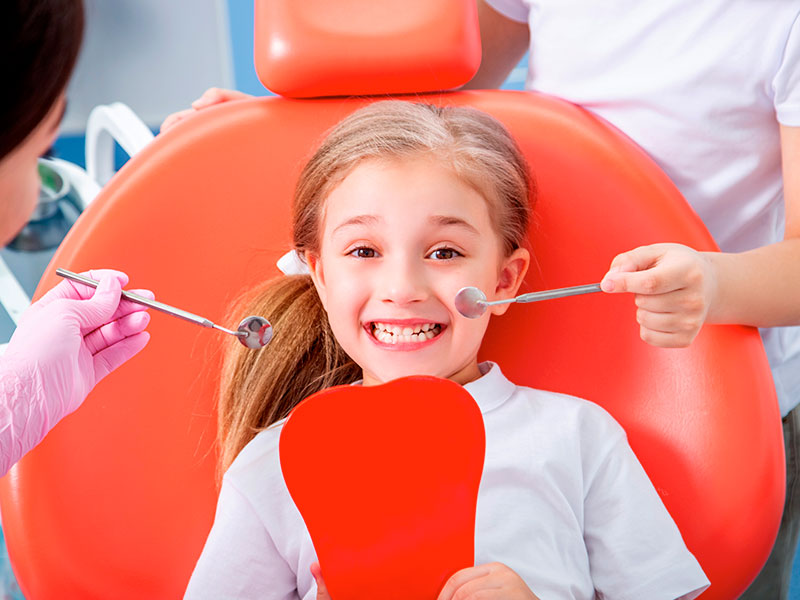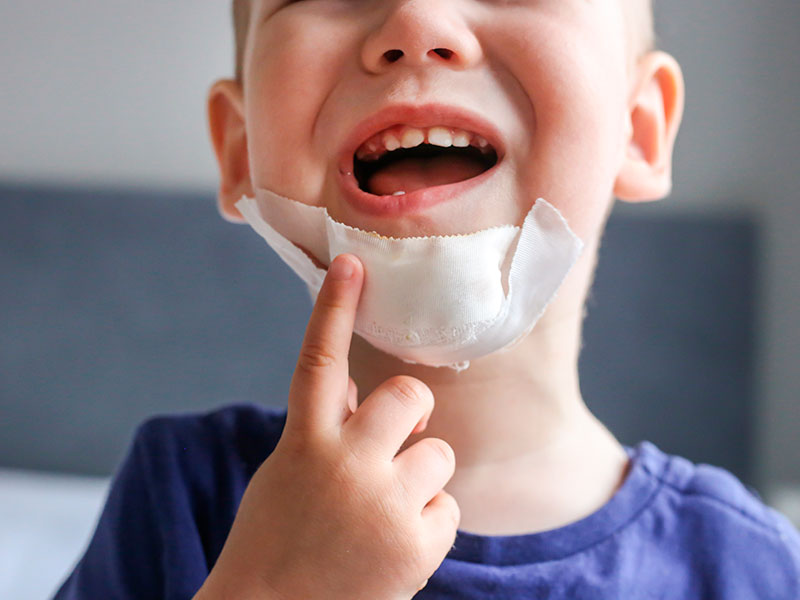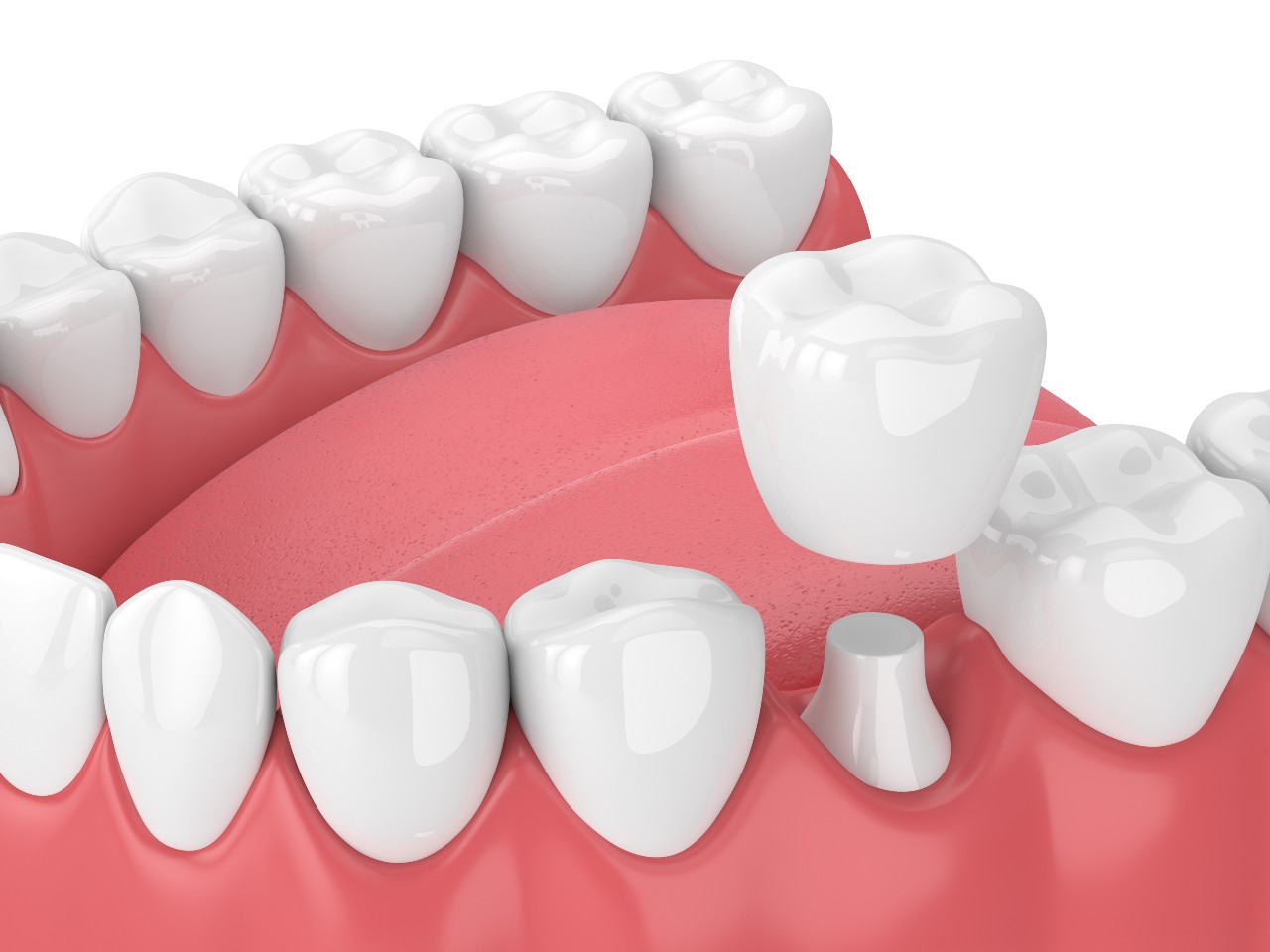As parents, we strive to provide the best possible care for our children, and their oral health is no exception. Early childhood is a critical time for dental care, as it sets the stage for a lifetime of healthy smiles.
At Upbeat Pediatric Dentistry, we understand the unique needs of young patients and are committed to creating a positive and nurturing environment for them. In this blog post, we will explore the importance of early childhood dental visits, how they contribute to oral health, and why starting dental care at an early age can lead to a lifetime of healthy habits.
Why Early Childhood Dental Visits Matter
1. Establishing a Positive Relationship with the Dentist: Early dental visits introduce children to the dental office and help build a positive association with oral care. Creating a friendly and welcoming environment can alleviate dental anxiety in the future. Our team at Upbeat Pediatric Dentistry is specially trained to work with children, ensuring that their first dental experiences are pleasant and stress-free.
2. Monitoring Dental Development: Regular check-ups allow the dentist to monitor the growth and development of the child’s teeth and jaw. Identifying any potential issues early can lead to timely intervention and prevent more significant problems later. From the eruption of the first tooth to the development of the permanent dentition, we keep a close eye on your child’s dental health.
3. Preventing Tooth Decay: Even baby teeth are susceptible to cavities. Regular dental visits ensure that any early signs of tooth decay can be detected and treated promptly. We provide thorough dental cleanings and dental sealants to protect your child’s teeth from cavities.
4. Promoting Proper Oral Hygiene: Dental professionals can educate parents and children about proper oral hygiene practices. Learning how to brush and floss correctly from a young age establishes good habits that will benefit them throughout life. Our team at Upbeat Pediatric Dentistry demonstrates the best brushing and flossing techniques to parents and children alike.
Age-by-Age Guide to Dental Visits
Infants (6-12 Months): The American Academy of Pediatric Dentistry recommends scheduling the first dental visit by the age of one or when the first tooth appears. This visit allows the dentist to examine the baby’s mouth, discuss oral care, and answer any questions parents may have. We understand the specific oral health needs of infants and provide guidance on how to care for their delicate gums and emerging teeth.
Toddlers (1-2 Years): As children start to develop more teeth, regular check-ups become even more important. The dentist will assess the oral health, address teething concerns, and provide guidance on diet and oral care. At Upbeat Pediatric Dentistry, we engage with toddlers to make their dental visits fun and enjoyable.
Preschoolers (3-5 Years): Dental visits during this stage focus on reinforcing positive habits and teaching children how to brush and floss independently. The dentist may also apply dental sealants to protect the back teeth from cavities. Our team at Upbeat Pediatric Dentistry uses kid-friendly language and interactive techniques to teach preschoolers about the importance of oral hygiene.
School-Age Children (6-12 Years): As permanent teeth start to erupt, dental visits become more comprehensive. The dentist will closely monitor tooth development, provide orthodontic evaluations, and continue promoting oral hygiene. We empower school-age children to take responsibility for their oral health and make dental care a priority in their lives.
The Lifelong Benefits of Early Dental Care
The lifelong benefits of early dental care are immeasurable and go far beyond simply having a healthy smile. Early dental visits lay the foundation for good oral hygiene habits, prevent dental issues, and contribute to better overall health and self-confidence.
Regular check-ups not only prevent tooth decay and gum disease but also instill confidence in children to care for their teeth independently. By familiarizing children with dental care at an early age, parents can foster a positive attitude towards oral health, leading to a lifetime of beautiful and healthy smiles.
Promoting Lifelong Healthy Smiles: Early Childhood Dental Visits at Upbeat Pediatric Dentistry
Early childhood dental visits are instrumental in promoting a lifetime of healthy smiles and positive dental experiences. At Upbeat Pediatric Dentistry, we are dedicated to providing exceptional dental care for children of all ages. Our team of experienced professionals creates a warm and friendly environment, ensuring that your child’s dental visits are pleasant and stress-free. Schedule an appointment with us to set the foundation for a lifetime of optimal oral health and confident smiles.
Together, we can ensure that your child’s dental journey starts on the right foot and leads to a lifetime of healthy teeth and happy smiles. From infancy to adolescence, we are here to support your child’s oral health and empower them with the knowledge and tools they need for a lifetime of healthy smiles.
